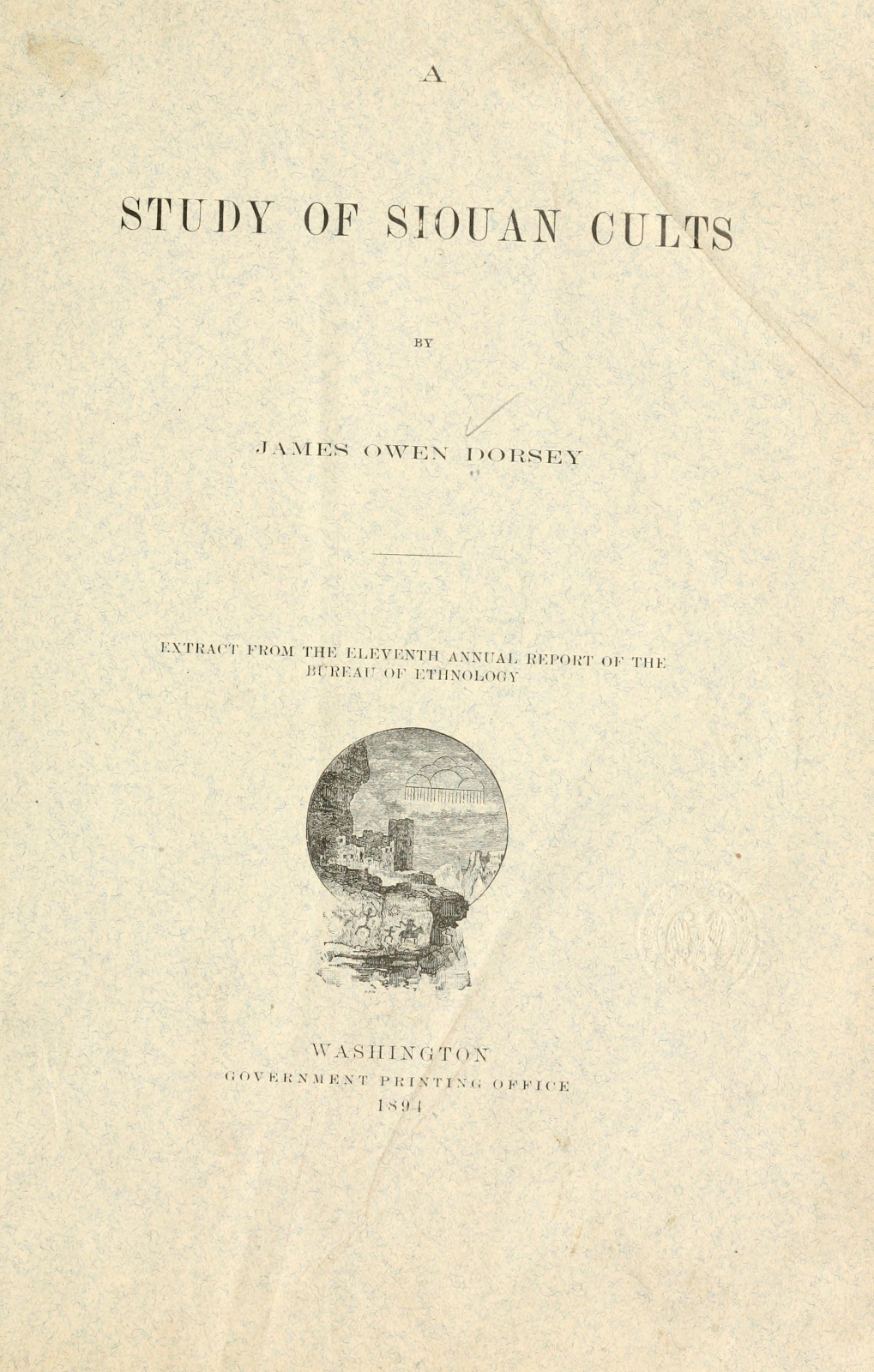A few observations from an 1897 Bureau of Ethnology Report.
“Regarding chieftainship among the Dakota, Philander Prescott says: “The chieftainship is of modern date,
there being no chiefs before the whites came. The chiefs have little power. The
chief's band is almost always a kin totem which helps to sustain him. The
chiefs have no votes in council; there the majority rules and the voice of the
chief is not decisive till then. On the death of a chief, the nearest kinsman
in the right line is eligible. If there are no kin, the council of the band can
make a chief. Civil chiefs scarcely ever make a war party.”
·
A common confusion for many trying to
understand Indigenous ways is the assumption of “like-for-like.”
·
That is assuming there is a one-to-one
relationship between words in a language or concepts in a culture.
·
For example: The word “Power” in English usually
connotes force or ability, whereas Comanche “Puha” which is often translated as
one-to-one for power, can indeed mean strength, or ability but it is more culturally
understood as Power+ that is…
·
“He is physically strong AND he is of character.”
·
Or…
·
“He knows many game trails AND he has integrity.”
·
Strong is one word, ability is another, character
is another.
·
These can run as separate concepts in English
or Westen culture but in Comanche culture to possess strength or ability
WITHOUT character simply is not Puha.
·
Strength without Puha is nothing to be
admired.
·
Power in the Western sense is Instagram-worthy
whether or not the poster possesses any admirable character traits.
·
An alien concept in the Comanche way.
“In all these tribes there is no such thing as hereditary rank. If a
son of a chief is wanting in bravery, generosity, or other desirable qualities,
he is regarded merely as an ordinary individual”
·
Again, alien to Western culture founded upon bloodlines,
royalty and fealty to family names: Kennedy et al.
“To preserve his popularity a chief must give away all his
property, and he is consequently always the poorest man in the band.”
·
Again, alien to the Western concept of Power
where enrichment and elevation of the material aspects is part and parcel of power.
·
In the Plains tradition and the eastern
woodlands potlatch culture, power is signaled by service, by generosity, by the
ability to sustain with less rather than “Gimme extra cuz I’m important.”
“Power is tacitly committed to the leading chief, to be held so
long as he governs to general satisfaction, subject, however, to the advice of
the soldiers.”
·
As long as Wisdom and good judgement is demonstrated,
the role of Chief continues.
·
As soon as the Wisdom deviates—termination of
services.
·
Power, Puha rather is contingent on ability
not repute of ability or remembrance of past successes.
·
We are what we are with each act.
·
No fealty to the office.
·
All fealty is to the service.
“Age, debility, or any other natural defect, or incapacity to act,
advise, or command, would lead a chief to resign in favor of a younger man.”
·
Notice it is not just age, but any infirmity
or failing.
·
There were aged chiefs.
·
There were chiefs that possessed crippling bodily
injuries who still served well.
·
As soon as these or any infirmity [lack of
courage, indecisiveness, failure to lead to good game, etc.] manifested, the
chiefdom was at its end.
Seems there is much to be learned from “A heathenish People savage and
untutored.”





No comments:
Post a Comment
Note: Only a member of this blog may post a comment.